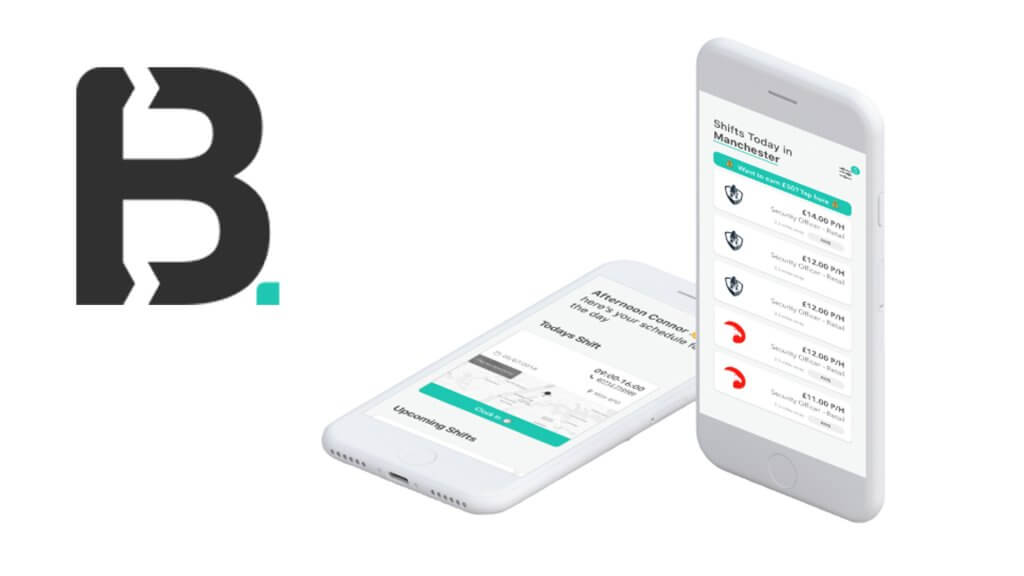Finding a software engineer for your company is harder than it looks. A typical recruitment process is almost guaranteed to fail, as full-stack developers are only as good as their skills. Any candidate can tell you they’re good, but a fantastic coder can show you they’re incredible.
How to Find the Best Software Engineers in 5 Steps
Software engineers must do more than keep up with trends and possess a college education. They need to have expert coding skills, a dynamic personality, and industry knowledge.
Vet Talent by Sticking to the Right Pipelines
According to the most recent stats, 66% of all positions were filled externally, while 26% were filled internally. However, internal hiring is 6x more effective than other hiring sources. While employee referrals are effective, you’re more likely to find engineers on online career sites.
Open source code contributors, blogs and online technical postings, and conferences are some of the best places to find talent, but you need to network if you want to catch their attention. If these options are closed, search your LinkedIn network or groups for passive candidates.
Writing the Right Job Description is Key
Candidates can disengage from the hiring process at any point. To keep them interested, you need to write a job description that speaks to the type of person you want to hire. Interview coaches, like the ones at Exponent, teach candidates to match their skills with your description.
Whether you’re looking for a front-end, back-end, or SEO-based developer, keep your job post focused and accurate. For example, don’t include back-end skills in a front-end job description, as engineers will worry you don’t know what you want or that they’ll have to do more for less.
Test Assessments are Vital and Necessary
Software engineering relies on several hard skills. At the bare minimum, your employees have to know how to code in your requested languages, but you also need to check for creativity. If you need them to code by the book, that’s fine, but innovation will set your company apart.
There are plenty of resources you can use to test your engineers, from online tests to custom assessments. However, don’t just rely on their site-tested scores, as the way they got to the solution matters more. You should also ask if they’ve worked on any open source projects.
Check for Communication Skills and Morality
Coding jobs are often seen as independent, interpersonal, and introverted. While software engineers have to know how to work independently, they need to communicate effectively in a team to maximize productivity. Like most jobs, communication skills are very important.
Morality is another trait that’s often overlooked but incredibly valuable. If an untrustworthy candidate gains access to your code, they could tamper with it, destroy it, or sell it. You need to present the candidate with a moral dilemma with no obvious answer to see how they’d respond.
Assessing Culture Fit Goes Both Ways
During an interview, you’ll need to engage in non-technical conversation to understand the candidate’s personality. It’s a good idea to ask about their strengths, weaknesses, and what they love about coding. Check for professionalism and culture fit when they give their answers.
Never forget that quality talent is also checking for fit. If you act unprofessional, lie, or they suspect you want a one-sided relationship, they’ll decline the job offer. Candidates will always research your company before applying, so don’t hold up any red flags during recruitment.
In Conclusion…
Quality engineering talent is out there; you just have to know where to look. Instead of focusing on college degrees, experience, and references, pay attention to culture fit, test assessment scores, and doing what you can to make a good first impression. You’ll be happy you did.





















